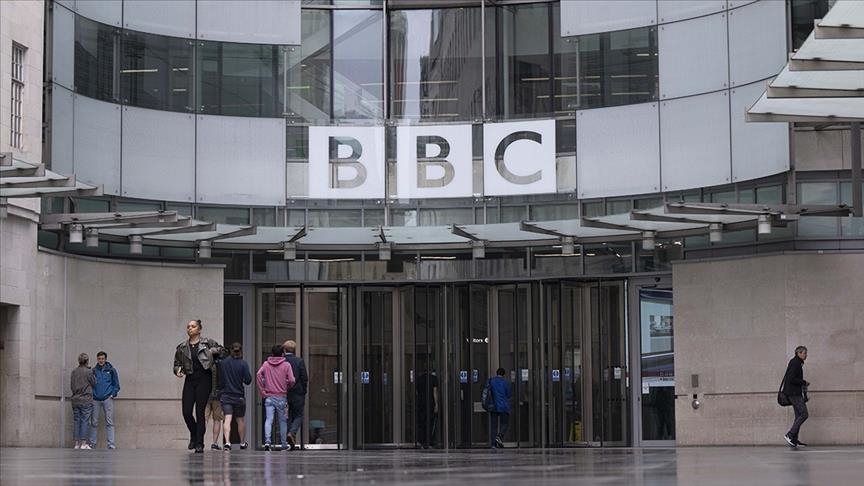(image credit: Wikipedia)
Today Drop Site News is publishing a landmark investigation about the BBC’s coverage of Israel’s unrelenting assault on Gaza by British journalist Owen Jones. His report is based on interviews with 13 journalists and other BBC staffers who offer remarkable insights into how senior figures within the BBC’s news operation skewed stories in favor of Israel’s narratives and repeatedly dismissed objections registered by scores of staffers who, throughout the past 14 months, demanded that the network uphold its commitment to impartiality and fairness.
Jones’s investigation of the BBC has three main components: a deeply reported look into the internal complaints from BBC journalists, a quantitative assessment of how the BBC characterizes the year-long siege on Gaza, and a review of the histories of the people behind the coverage—and, in particular, one editor, Raffi Berg.
The BBC is facing an internal revolt over its reporting on Israel’s war on Gaza.
Their primary battlefield has become the online news operation. Drop Site News spoke to 13 current and former staffers who mapped out the extensive bias in the BBC’s coverage and how their demands for change have been largely met with silence from management. At times, these journalists point out, the coverage has been more credulous about Israeli claims than the UK’s own Conservative leaders and the Israeli media, while devaluing Palestinian life, ignoring atrocities, and creating a false equivalence in an entirely unbalanced conflict.
The BBC journalists who spoke to Drop Site News believe the imbalance is structural, and has been enforced by the top brass for many years; all of them requested anonymity for fear of professional retribution. The journalists also overwhelmingly point to the role of one person in particular: Raffi Berg, BBC News online’s Middle East editor. Berg sets the tone for the BBC’s digital output on Israel and Palestine, they say. They also allege that internal complaints about how the BBC covers Gaza have been repeatedly brushed aside. “This guy’s entire job is to water down everything that’s too critical of Israel,” one former BBC journalist said.
In November, the journalists’ outrage at the Corporation’s overall coverage spilled out into the open after more than 100 BBC employees signed a letter accusing the organization, along with other broadcasters, of failing to adhere to its own editorial standards. The BBC lacked “consistently fair and accurate evidence-based journalism in its coverage of Gaza” across its platforms, they wrote. The employees also requested that the BBC make a series of specific changes:
reiterating that Israel does not give external journalists access to Gaza, making it clear when there is insufficient evidence to back up Israeli claims, highlighting the extent to which Israeli sources are reliable, making clear where Israel is the perpetrator in article headlines, providing proportionate representation of experts in war crimes and crimes against humanity, including regular historical context predating October 2023, use of consistent language when discussing both Israeli and Palestinian deaths, and robustly challenging Israeli government and military representatives in all interviews.
One BBC journalist told me that the letter was “a last resort after several tried to engage using the usual channels with management and were just ignored.”





